The Convention on the Elimination of All Forms of Discrimination against Women (CEDAW) is an international convention adopted by the United Nations General Assembly on February 18, 1979. Described as a bill of rights for women, the convention entered into force on September 3, 1981 and has been ratified by 189 countries to date.
The spirit of the Convention is based on the United Nations objectives of ensuring human dignity and fundamental human rights and the equal rights of women and men. [caption id="attachment_582239" align="alignnone" width="1024"] Vietnam is one of the first countries in the world to join the CEDAW Convention. (Photo: Sputnik)[/caption]
Vietnam is one of the first countries in the world to join the CEDAW Convention. (Photo: Sputnik)[/caption]Vietnam strives to effectively implement the CEDAW Convention
Vietnam was the 6th country in the world to join the CEDAW Convention and ratified it on November 27, 1981. Since then, Vietnam has made significant efforts to fulfill its commitment to promoting gender equality, while ensuring regular reporting on the implementation of the Convention to the United Nations.
In 2001, Vietnam successfully defended its 2nd, 3rd and 4th national reports and was assessed by the CEDAW Committee as having successfully internalized CEDAW with the goal of improving women's rights in practice.
Efforts to allocate resources to achieve economic growth associated with social equity, creating a favorable environment to support the implementation of the Convention in Vietnam have been welcomed by the Committee.
By June 2005, the 5th and 6th National Reports on the implementation of the CEDAW Convention were submitted to the United Nations Secretary-General.
At the 61st session of the CEDAW Committee in July 2015, the Committee highly appreciated the responsible and open preparation of the Vietnamese delegation, which did not avoid the issues raised in the dialogue session. The CEDAW Committee also adopted the combined 7th and 8th periodic national reports on the implementation of the CEDAW Convention in Vietnam.
Also at this session, former Deputy Minister of Labor, War Invalids and Social Affairs Doan Mau Diep, head of the Vietnamese Government Delegation attending the session at that time, frankly pointed out the difficulties, challenges and limitations in implementing the contents of the convention.
Firstly, the awareness, attitude and behavior of society in general, and of some groups in particular, including leaders, regarding gender equality are still limited due to the persistent influence of gender prejudice stemming from the ideology of "male superiority and female inferiority" of feudal society and Confucianism that still exists quite commonly not only in the family but also in all areas of civil, economic, political and social life.
In addition, gender gaps still exist in key areas such as politics, economics - labor; education - training and health, especially in remote areas, ethnic minority areas and areas with difficult socio-economic conditions. Gender-based violence is extremely complicated, leading to serious consequences not only for individuals but also for the security, safety and development of society and the country.
In addition, the implementation of the Convention's contents requires a large investment of resources, including human resources, organizational apparatus and budget, while Vietnam is facing many difficulties in state budget spending and its economic development level is still low...
[caption id="attachment_582242" align="alignnone" width="747"]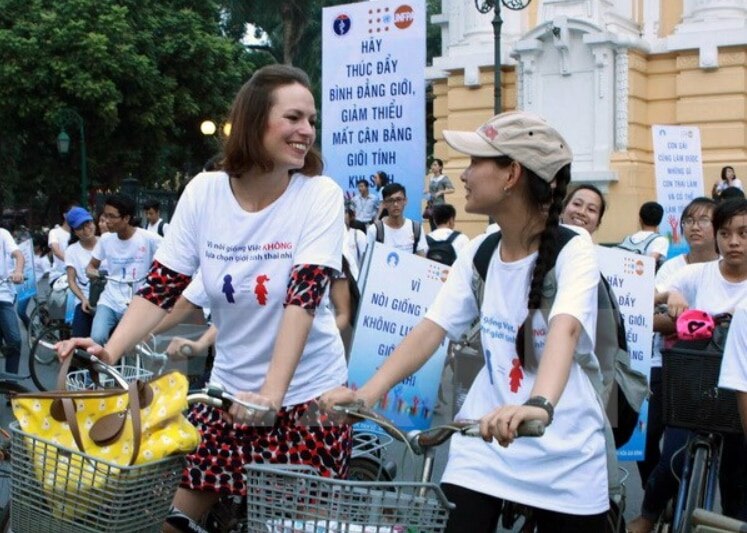 An activity to promote gender equality in Vietnam. (Photo: VNA)[/caption]
An activity to promote gender equality in Vietnam. (Photo: VNA)[/caption]Women's right to access justice as stipulated in the Vietnamese legal system is basically consistent with the provisions of the United Nations Convention, however, in reality, implementation still faces many difficulties.
At the Consultation Workshop on “Draft Report on Ensuring Women’s Access to Justice in Vietnam” to complete the 9th CEDAW report held in September 2019, the Deputy Minister of Labor, Invalids and Social Affairs once again noted that the implementation of these regulations still faces many difficulties and challenges, notably difficulties in resources and enforcement capacity of the system including administrative systems, judicial systems and judicial support mechanisms and institutions that are biased towards gender issues in society.
Contributing to the draft report, Ms. Catherine Phuong, Assistant Country Director of the United Nations Development Programme (UNDP) in Vietnam, said that Vietnam needs to have stronger mechanisms, especially in monitoring the implementation of legalized regulations.
“Vietnam needs to ensure gender equality in the law, have clear regulations and criminalize crimes such as rape and marital violence. In addition, there needs to be many practical actions to combat inequality, bad customs and prejudices in society against women. In addition, the legal aid system needs to pay attention to the issue of empowering women and girls, the issue of implementing women's rights needs to be promoted,” Ms. Catherine Phuong recommended.
Meanwhile, Mr. Nicholas Booth, Advisor of the Access to Justice and Human Rights Program (UNDP Asia-Pacific Regional Office), said that Vietnam needs to pay more attention to the right to access justice for women and girls, especially women and girls with disabilities and vulnerable groups. “In Cambodia, the rate of disabled women being raped is 3 times higher than that of normal women, this is a figure that is worth Vietnam’s reference and attention.”
After many revisions and additions, Vietnam has completed and submitted the 9th Report on the implementation of the CEDAW Convention in 2022.
Flower Dance


![[Photo] Prime Minister Pham Minh Chinh and Prime Minister of the Kingdom of Thailand Paetongtarn Shinawatra attend the Vietnam-Thailand Business Forum 2025](https://vphoto.vietnam.vn/thumb/1200x675/vietnam/resource/IMAGE/2025/5/16/1cdfce54d25c48a68ae6fb9204f2171a)





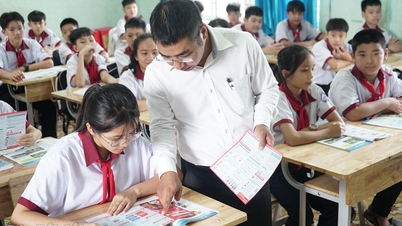

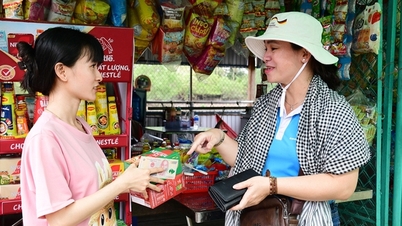





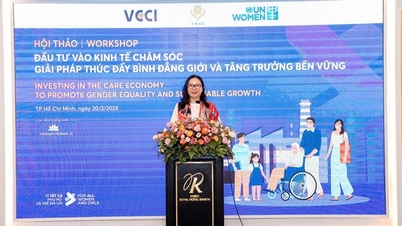
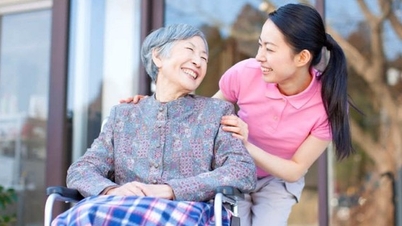






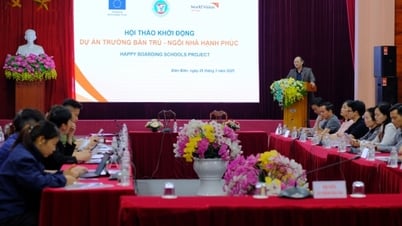




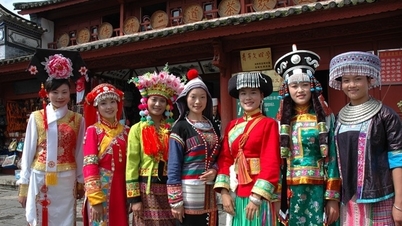

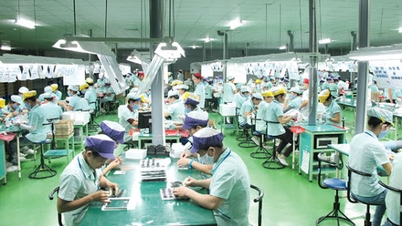
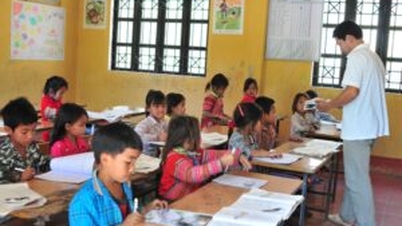

![[Photo] President Luong Cuong receives Prime Minister of the Kingdom of Thailand Paetongtarn Shinawatra](https://vphoto.vietnam.vn/thumb/1200x675/vietnam/resource/IMAGE/2025/5/16/52c73b27198a4e12bd6a903d1c218846)












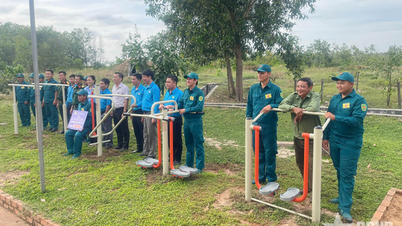


















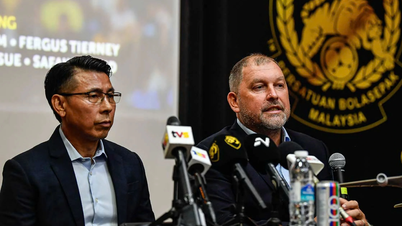
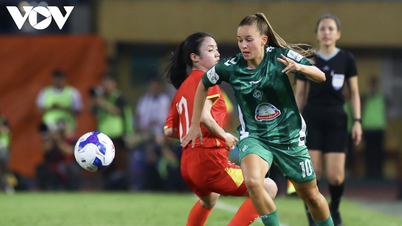

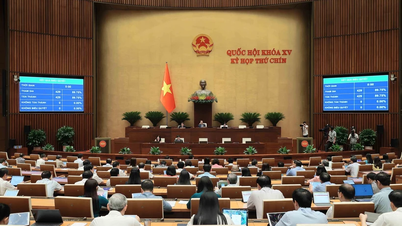







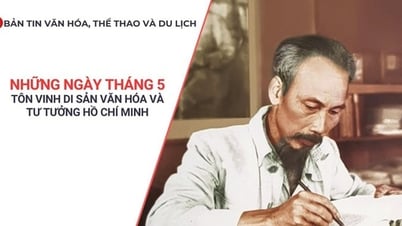





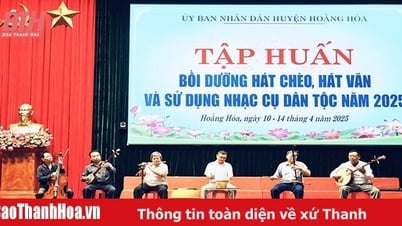

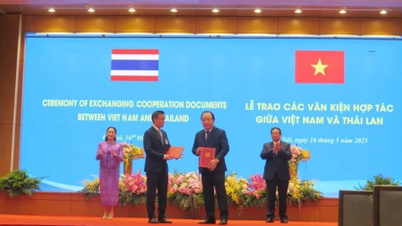

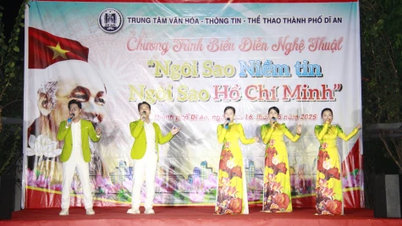
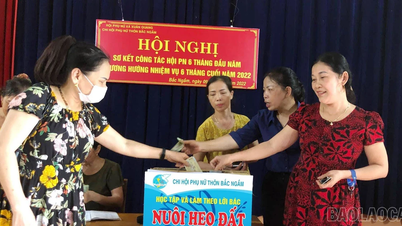

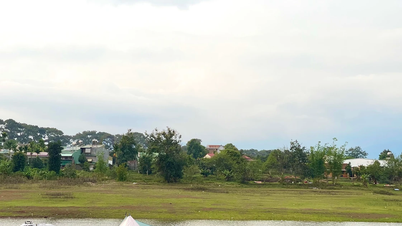












Comment (0)